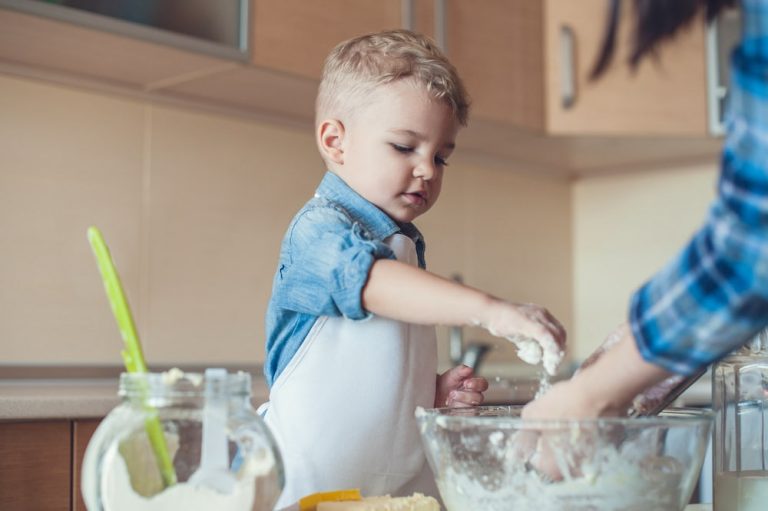Your child is growing quickly. He is talking more to express his needs, throwing more tantrums when he doesn’t get what he wants and running around more with bursts of energy. While your child continues to grow, it is always difficult to determine if he on developing foundational skills at an appropriate rate.
In our past blog posts, we explored important developmental milestones for children from birth to 1 year old and 4 to 5 years old.
In this article, we will further explore the developmental milestones for children ages 2 to 3 years of age. Feel free to use the milestones below as a guide to help you determine what to expect next and if your child is meeting their milestones.

Communication Milestones
Your child is learning more about the world around them and is starting to use more language to express their wants and needs throughout the day. He is able to understand more of what you are saying and may try to imitate you.
Check out what speech and language milestones you can expect from a 2 to 3 year old.
- Uses 2-3 word combinations to communicate
- Asks "what", "when", "where", and "why" questions
- Able to express negation by adding "no" in front of verbs
- Uses the prepositions "on" and "in"
- Uses plurals (e.g. "cats")
- Uses the pronouns "I", "you", and "me"
- Sings to simple songs and dances
- Can comprehend 2,400 to 3,600 words
- Can follow 1-2 step directions
- Others can understand approximately 50% of what your child is saying
- Enjoys simple stories
Movement Milestones (Motor)
All of a sudden it may feel as if your child got bursts of energy as he is able to run more and fall less. Your child is becoming more independent with their motor skills and can throw, catch, or kick a ball.
Check out what movement milestones you can expect from a 2 to 3 year old.
- Can walk and run with less falls
- Can walk up and down stairs on their own
- Can ride a tricycle
- Enjoys to kick and throw balls
- Can walk backwards
- Can stack blocks
- Can hold a crayon and/or pencil
- Can cut with scissors
- Can copy lines and a circle
Play Milestones
Play and language development are interconnected. As your child engages with toys around them, he is also learning foundational language skills such as requesting and protesting.
Check out what play milestones you might expect from a 2 to 3 year old.
- Enjoys playing with other children
- Starting to engage in turn-taking
- Enjoys playing "dress up" with dolls
- Difficulty identifying feelings of others
- Enjoys motor activities (e.g. tricycles, throwing games)
- Engages in more pretend play (e.g. spoon for telephone)
How You Can Help Your 2-3 Year Old
While your child continues to rapidly grow, the following strategies are ways to help promote independence with everyday skills and foundational language and motor skills.
- Talk, Talk, Talk. Try to narrate what is going on in the world around them. The more you talk about everyday activities, the more your child is absorbing and learning.
- Read to your Child. At this age, children love picture books. Not only does this help with language growth, but also helps encourage their imagination and play skills. My favorite book to read is “Dragons Love Tacos”, it’s such a fun and enjoyable book.
- Perform simple household tasks with your child. I love incorporating children with simple household activities such as cooking or cleaning. This helps promote learning of new words and concepts and encourages pretend play as they try to “mop” and “sweep” like you.
- Engage in simple everyday skills. Encourage your child to engage with everyday tasks such as using spoons at mealtime or putting on their shoe. They will need help tying the shoe but the action of putting their shoe on independently helps promote motor skills.
